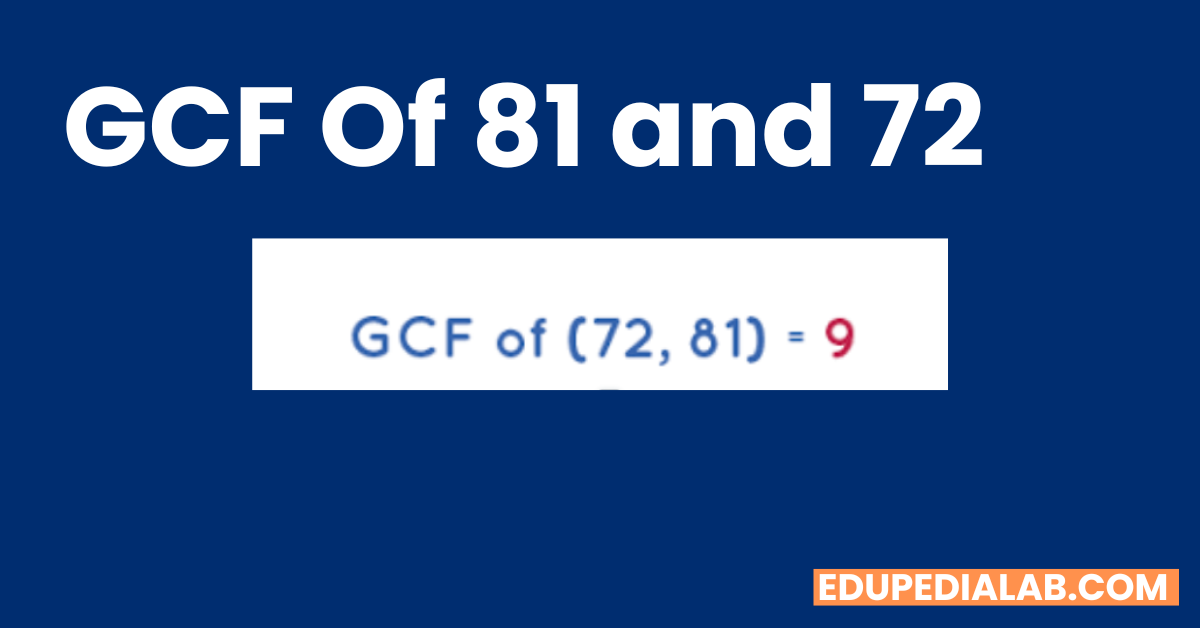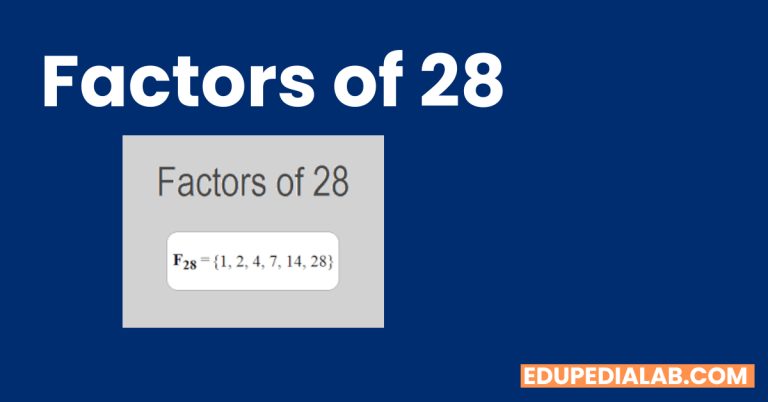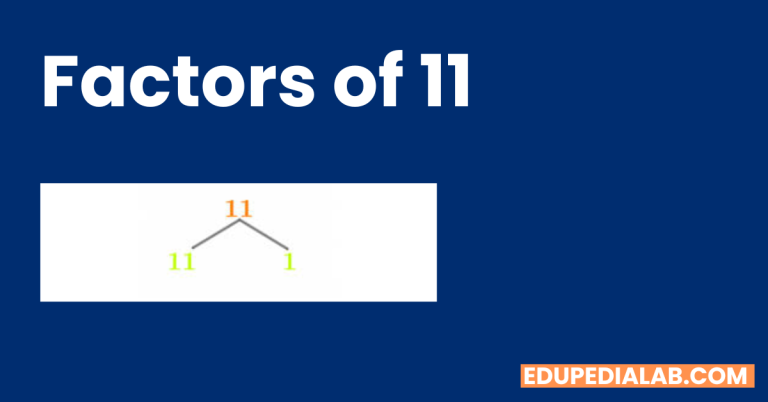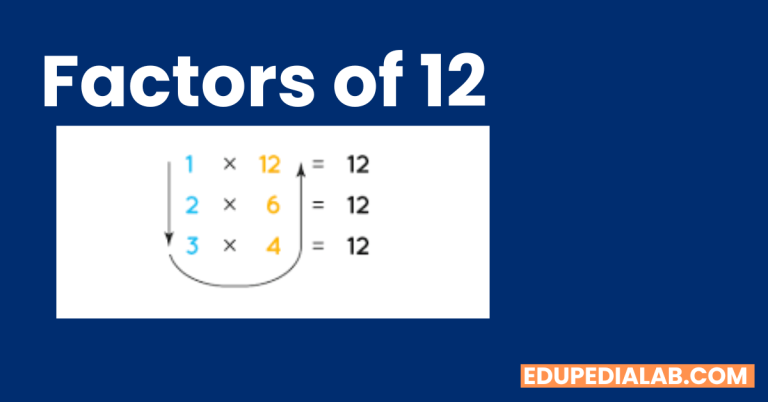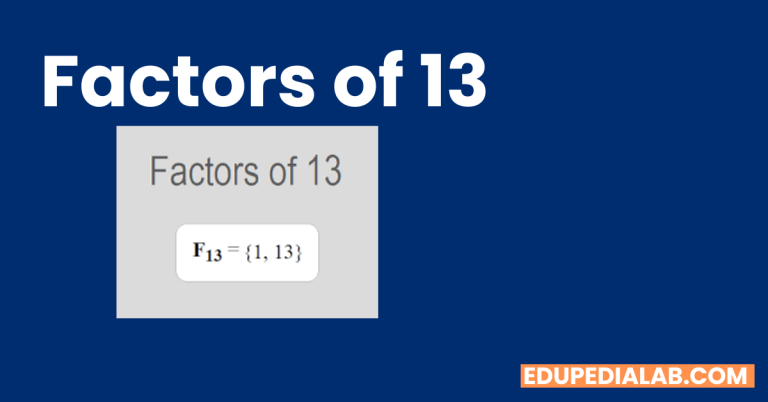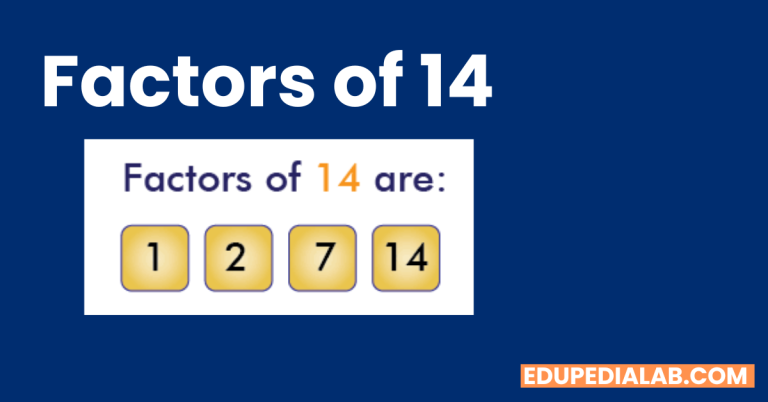The GCF of 81 and 72
GCF Of 81 and 72
In mathematics, finding the greatest common factor (GCF) is a fundamental concept that helps us understand the relationship between numbers. In this article, we will focus on the GCF of 81 and 72. We’ll explore what the GCF represents, how to calculate it, and its significance in various mathematical contexts. So let’s dive in and unravel the mysteries behind the GCF of 81 and 72!
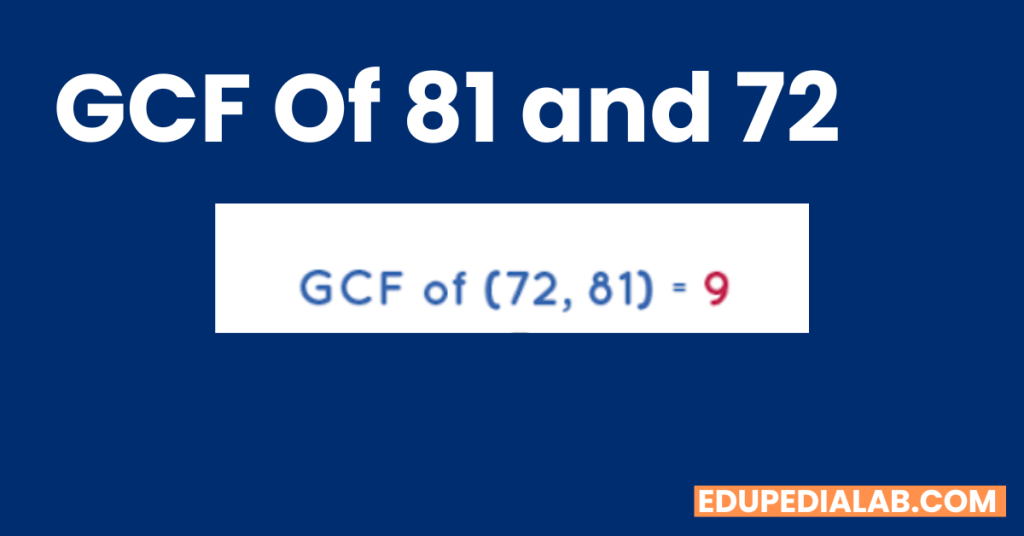
What is the GCF of 81 and 72?
The GCF, also known as the greatest common divisor (GCD), is the largest positive integer that divides two or more numbers without leaving a remainder. In this case, we want to find the GCF of 81 and 72. These numbers have common factors such as 1, 2, 3, 6, and 9, but the largest integer that divides both 81 and 72 is 9.
Calculating the GCF of 81 and 72
To find the GCF of 81 and 72, we can use several methods such as prime factorization, listing factors, or using the Euclidean algorithm. Let’s explore two common methods: prime factorization and the Euclidean algorithm.
Method 1: Prime Factorization
Prime factorization involves breaking down each number into its prime factors and finding the common factors.
- Start by finding the prime factors of 81 and 72:
- Prime factors of 81: 3 × 3 × 3 × 3 (or 3^4)
- Prime factors of 72: 2 × 2 × 2 × 3 × 3 (or 2^3 × 3^2)
- Identify the common prime factors of both numbers: 3 × 3 = 9.
- Multiply the common prime factors to obtain the GCF: GCF(81, 72) = 9.
Method 2: Euclidean Algorithm
The Euclidean algorithm is a more efficient method for finding the GCF of two numbers.
- Start by dividing the larger number (81) by the smaller number (72): 81 ÷ 72 = 1 with a remainder of 9.
- Next, divide the smaller number (72) by the remainder (9): 72 ÷ 9 = 8 with no remainder.
- Continue this process of dividing the previous remainder by the current remainder until the remainder is zero.
- The last non-zero remainder obtained is the GCF: GCF(81, 72) = 9.
By applying either method, we arrive at the same result: the GCF of 81 and 72 is 9.
Applications of the GCF
The GCF has various applications in mathematics, and it plays a crucial role in solving problems involving fractions, simplifying algebraic expressions, and finding common denominators. Let’s explore some of its applications.
Simplifying Fractions
To simplify a fraction, we divide both the numerator and denominator by their GCF. For example, if we have the fraction 81/72, we can simplify it by dividing both numbers by 9, the GCF of 81 and 72. The simplified fraction is 9/8.
Finding Common Denominators
When adding or subtracting fractions with different denominators, we need to find a common denominator. The GCF helps us determine the smallest common denominator by multiplying the denominators and dividing by the GCF. For instance, if we have the fractions 1/81 and 1/72, the common denominator would be 81 × 72 ÷ 9 = 648.
Algebraic Simplification
The GCF is also useful in simplifying algebraic expressions. By factoring out the GCF from each term, we can simplify complex expressions. For example, if we have the expression 9x^3 – 8x^2, we can factor out x^2 (the GCF) to get x^2(9x – 8).
FAQs
FAQ 1: What is a common factor?
A common factor is an integer that divides two or more numbers without leaving a remainder. For example, the common factors of 81 and 72 are 1, 2, 3, 6, and 9.
FAQ 2: Can the GCF of two numbers be greater than both numbers?
No, the GCF is always smaller than or equal to the smallest number in the given set. In the case of 81 and 72, the GCF is 9, which is smaller than both numbers.
FAQ 3: Can the GCF of two numbers be negative?
No, the GCF is always a positive integer. Negative numbers can have a common factor, but when finding the GCF, we consider only positive values.
FAQ 4: Can the GCF of two numbers be zero?
Yes, if both numbers are zero, their GCF is also zero. In all other cases, the GCF is a positive integer.
FAQ 5: Is the GCF of two numbers unique?
Yes, the GCF is unique for any pair of numbers. Regardless of the method used to calculate it, the result will always be the same.
FAQ 6: Can the GCF be larger than the numbers themselves?
No, the GCF cannot be larger than the numbers being considered. It is always a divisor of both numbers.
Conclusion
In conclusion, the GCF of 81 and 72 is 9. We explored two methods for calculating the GCF: prime factorization and the Euclidean algorithm. The GCF has various applications in mathematics, including simplifying fractions, finding common denominators, and algebraic simplification. By understanding the concept of the GCF, we can solve mathematical problems more efficiently and gain a deeper appreciation for the beauty of numbers.
